
Airless Bike Tires: The Ultimate Guide for Puncture-Free Cycling
Tired of flat tires and constant air checks? Airless bike tires offer a durable, maintenance-free alternative to traditional pneumatic tires. Perfect for commuters, e-bikes, and mountain bikes, they provide reliable, puncture-free performance. In this guide, we’ll cover what airless bike tires are, their benefits, drawbacks, and how to choose the right ones for your ride.
What Are Airless Bike Tires?
Airless bike tires, also known as solid tires, are designed to function without air, relying entirely on durable, solid materials for support and cushioning. Unlike traditional pneumatic tires, which use an inner tube filled with air, airless tires use innovative materials such as Micro Closed-cell Polymer (MCP) to provide shock absorption and a smooth ride.
This solid foam material is similar to what’s used in high-performance running shoes, offering both resilience and comfort while eliminating the risk of flats and punctures. Although solid rubber tires have been around since the early days of cycling, pneumatic tires became the standard for their speed and superior cushioning.
Advantages of Airless Bike Tires
1. Puncture-Proof Design
One of the most significant advantages of airless bike tires is their resistance to punctures. Unlike conventional tires that can be easily punctured by nails, glass, or sharp debris, airless tires maintain their integrity, providing a worry-free ride. This makes them perfect for city streets, gravel paths, and rough terrains where flats are a common problem.
2. Low Maintenance
With no need to monitor air pressure or inflate your tires, airless bike tires drastically reduce maintenance time. Commuters and daily riders benefit from this hassle-free setup, ensuring you can focus on your ride rather than tire upkeep.
3. Exceptional Durability
Airless tires are engineered to withstand tough conditions, from frequent urban use to challenging trails. Their solid or foam-filled construction ensures a longer lifespan compared to traditional pneumatic tires, saving money and effort over time.
Disadvantages of Airless Bike Tires
While airless bike tires offer many benefits, they do come with certain trade-offs. Understanding these drawbacks can help you determine whether they’re the right choice for your cycling needs:
1. Reduced Comfort
Air-filled tires naturally absorb shocks and vibrations, delivering a smoother ride. Airless tires, however, are firmer, transmitting more of the road’s bumps and vibrations directly to the rider. On long rides or uneven surfaces, this can make the cycling experience less comfortable.
2. Heavier Weight
Airless tires generally weigh more than pneumatic tires. This added weight can affect acceleration and climbing efficiency, making them less ideal for riders focused on speed or agility.
3. Higher Rolling Resistance
Some airless tire designs may increase rolling resistance, requiring more effort when pedaling, especially on uphill routes or longer rides. This can contribute to rider fatigue over extended journeys.
4. Higher Upfront Cost
Due to their specialized materials and manufacturing processes, airless bike tires can be more expensive initially. While they may save money by eliminating flat repairs, the upfront investment is higher than traditional tires.
5. Installation Challenges
Installing airless tires can be more complex than standard tires, sometimes requiring special tools or professional assistance. This can add to both the cost and effort needed to get your bike ready to ride.
How to Choose the Right Airless Bike Tire
With so many options on the market, selecting the right airless bike tires can feel overwhelming. To ensure you get the best performance, durability, and comfort, it’s important to consider several key factors before making a purchase.
1. Tire Size
Airless bike tires come in a variety of sizes to fit different bicycle types and riding needs. Larger tires often provide better stability, traction, and versatility across diverse terrains, while smaller tires are lighter and ideal for urban commuting or smoother surfaces. Always check your bike’s compatibility before choosing a size.
2. Weight Rating
The weight rating of a tire indicates how much load it can safely support. Choosing a tire with an appropriate weight rating for your body and any additional cargo ensures optimal performance and durability. Generally, a lower weight rating provides enhanced puncture resistance, but it must match your riding requirements to avoid safety or handling issues.
3. Riding Frequency
How often you ride should influence your choice of airless tire. Frequent riders benefit from more durable, high-quality tires that can withstand repeated use without compromising comfort or performance. For occasional riders, a standard airless tire may be sufficient, balancing cost and longevity.
4. Terrain Type
Consider the surfaces you most often ride on. Rough terrains with stones, debris, or uneven trails require airless tires with extra durability and traction. Smooth, paved roads allow for lighter, more flexible designs. Choosing tires suited to your typical terrain ensures better handling, comfort, and longevity.
5. Budget
Airless bike tires are available at a wide range of prices. While it’s tempting to go for the cheapest option, it’s essential to prioritize quality, durability, and suitability for your riding needs. Investing in a slightly higher-priced tire often pays off in reliability and maintenance-free performance.
6. Bike Rim Size
Airless tires must fit your bike’s rims perfectly. Common rim sizes include 26, 27.5, and 29 inches, but always double-check your bike specifications before purchasing. A proper fit ensures safety, stability, and optimal ride quality.
7. Additional Considerations
Other factors include your riding style—whether aggressive, fast, or casual—and the overall condition of your bike. Some tires are better suited for high-impact or off-road riding, while others excel in daily commuting. Assess your personal riding habits to select the tire that best matches your needs.
Tips for Maintaining Airless Bike Tires
Airless bike tires, often made with solid foam inserts, are designed to be virtually maintenance-free. Unlike traditional pneumatic tires, they eliminate the need for air pressure checks, inner tubes, or sealants, making them perfect for commuters bikes, e-bikes, and long range bikes. While minimal maintenance is required, proper care ensures optimal performance and a longer lifespan.
1. Inspect for Wear and Damage
Even though airless tires are puncture-proof, it’s important to regularly check for cracks, cuts, or excessive tread wear. Early detection helps maintain safety and performance on every ride.
2. Keep Your Tires Clean
Dirt, mud, and debris can reduce traction and accelerate wear. Wipe your tires with a damp cloth after rides, especially if you ride on rough or wet terrain.
3. Proper Storage
Store your bike in a cool, dry place away from direct sunlight. Excessive heat or prolonged exposure to UV rays can degrade the tire material over time.
4. Replace When Needed
Airless tires don’t last forever. Monitor the tread and structural integrity, and replace the tires when significant wear or damage occurs to ensure safe, smooth rides.
5. Enjoy Low-Maintenance Riding
By following these simple tips, your airless bike tires will continue to provide reliable, puncture-free performance, letting you focus on the ride instead of constant maintenance.
Conclusion
Airless bike tires are revolutionizing the way cyclists ride by offering a durable, puncture-proof, and virtually maintenance-free alternative to traditional pneumatic tires. Whether you’re commuting through busy streets, cruising on an e-bike, or exploring rugged trails, airless tires provide consistent performance, reliability, and peace of mind.
By eliminating flats, inner tubes, and constant air checks, airless bike tires save time, reduce maintenance costs, and enhance the overall cycling experience. With proper care—such as regular inspections, cleaning, and timely replacement—these solid tires can deliver years of dependable, smooth, and worry-free ride.
FAQs
Are airless bike tires better?
Airless bike tires offer a different riding experience compared to traditional tires. They are puncture-resistant but may feel firmer and less responsive than pneumatic tires.
Why do pros not ride tubeless?
Many professional cyclists prefer traditional or tubeless tires for their lighter weight, better handling, and ride comfort, which are important in competitive cycling.
How long will airless tires last?
The lifespan of airless tires depends on usage, terrain, and maintenance. Solid tires typically last longer than standard tires but may wear unevenly over time.
Do they make airless tires for bicycles?
Yes, airless tires are available for certain bicycles, including commuter and e-bikes, using solid foam or honeycomb designs instead of air-filled tubes.
iScooter E Scooter Collections:
Electric Scooter | Kids Electric Scooter | Electric Scooter for Adults | Electric Scooter with Seat | Off-Road Electric Scooter | Foldable Electric Scooter | Girls Electric Scooter | 1000W Electric Scooter | 2000W Electric Scooter | Boys Electric Scooter | Dual Motor Electric Scooter | Big Electric Scooter | Electric Scooter with Suspension | Lightweight Electric Scooter | Commuter E-Scooters | 3 Wheel Electric Scooter
Show more ▼iScooter E Bike Collections:
Foldable Electric Bike | Affordable Cheap Electric Bike | Electric Bike for Adults | Electric Motor Bikes | Trek Electric Bike | Fastest Electric Bike | Electric Road Bike | Full Suspension Electric Mountain Bike | Giant Electric Bike | Womens Ladies Electric Bike | Mens Electric Bike | Electric Bike with Throttle | Electric Gravel Bike | Electric Mountain Bike UK | Fat Tyre Electric Bike | Electric Hybrid Bike | Electric Motorised Bike | Electric Push Bike | 1000W Electric Bike | Cool Electric Bikes | Electric Off Road Bike | Pedal Assist Electric Bike | Good Electric Bikes | Small Electric Bike | Trek Electric Mountain Bike | 2000W Electric Bike | Full Suspension Electric Bike | Mini Electric Bike | Road Legal Electric Bike | Step Through Electric Bike
Show more ▼👍 Buying Guide | 🚴♂️ Riding Guide
📋 Feature Guide | ❓ Common problem
Product category
Electric Scooter
Cheap Electric Scooters for Adults | Fastest Electric Scooter | Kids Electric Scooter | Mini Electric Scooter
































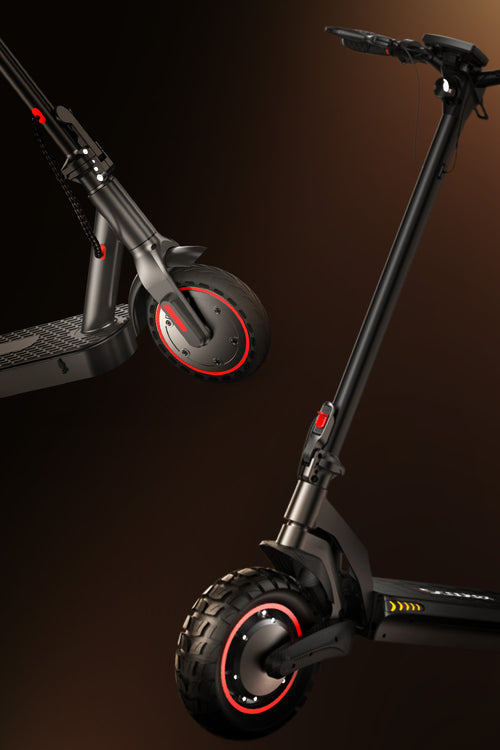
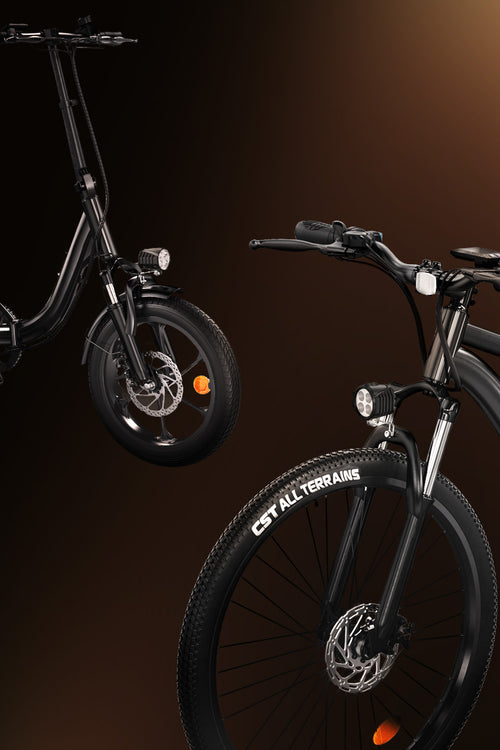
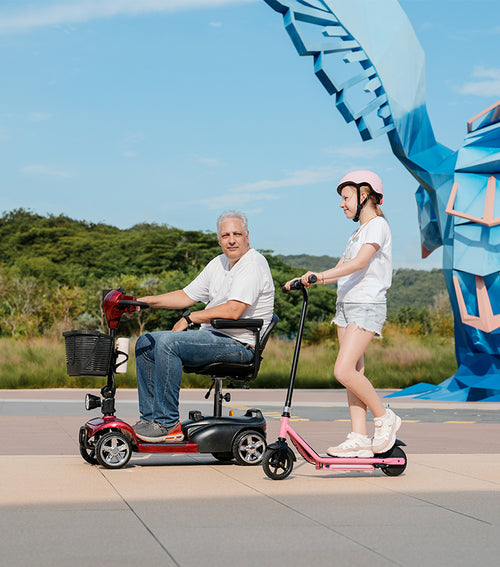








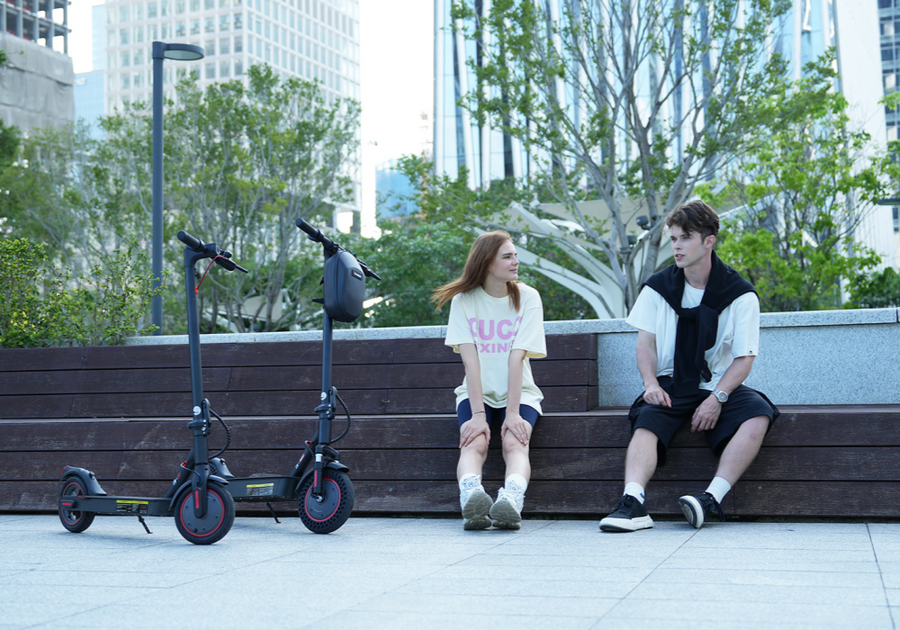
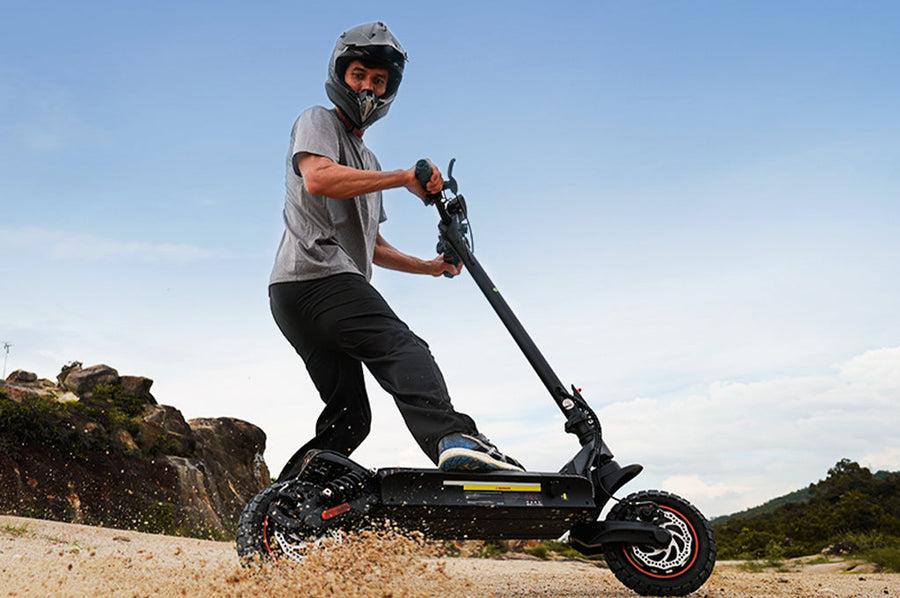


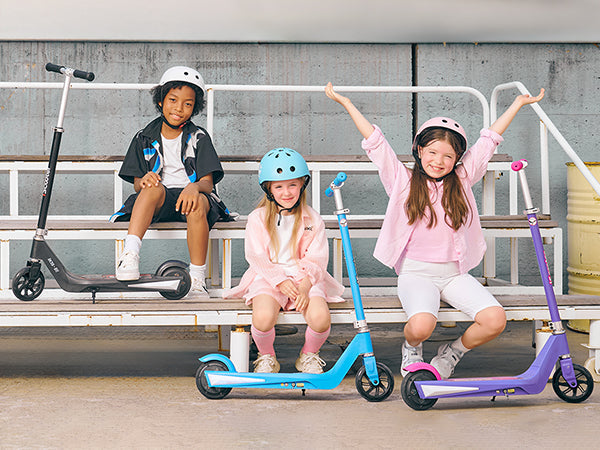
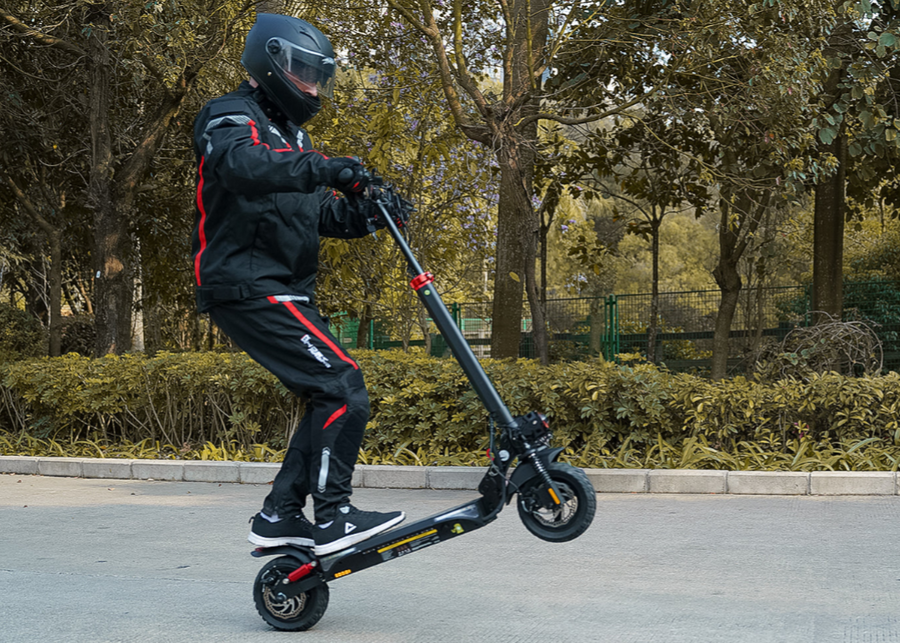
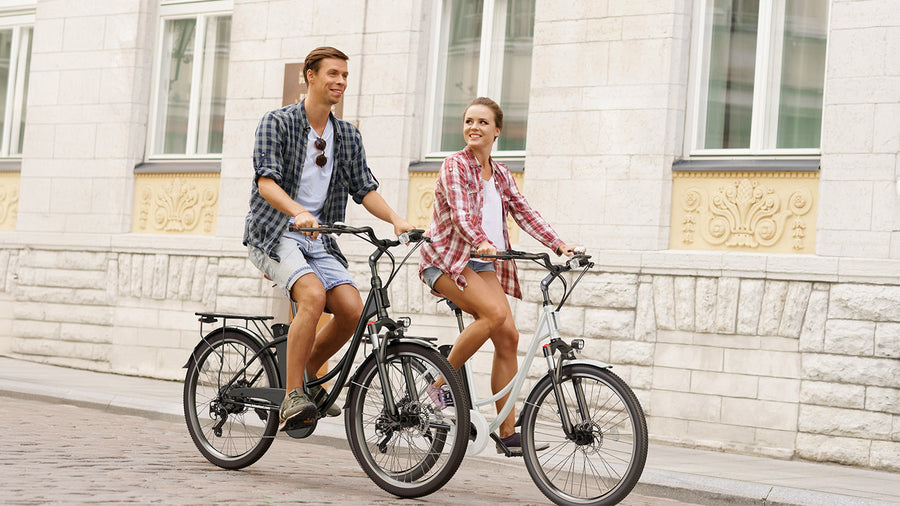
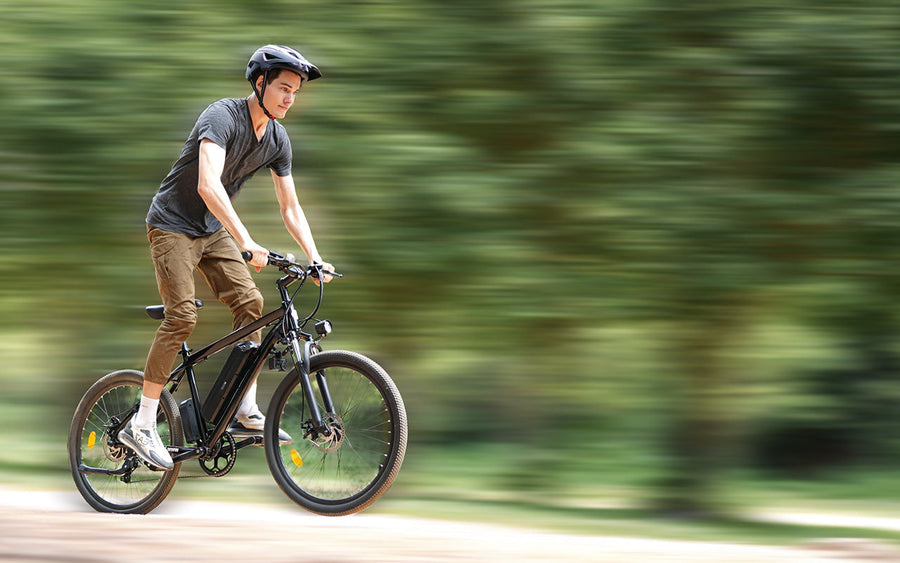
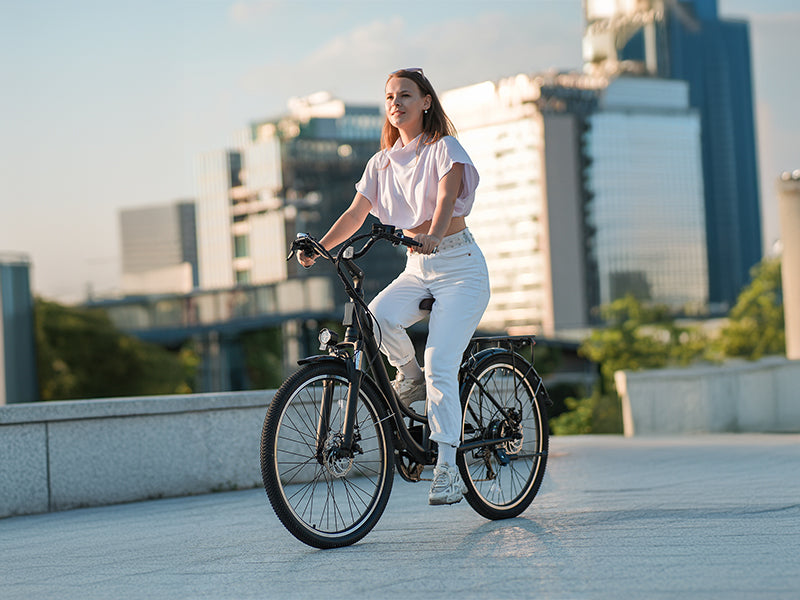
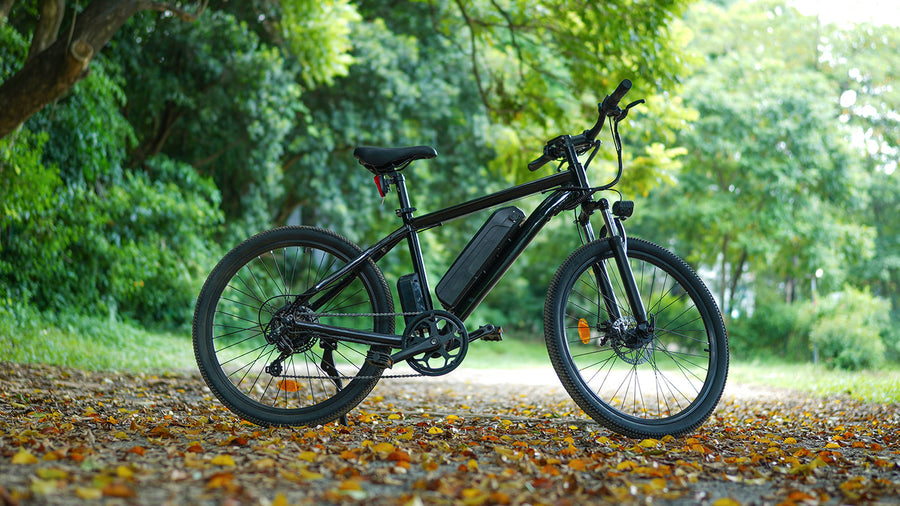
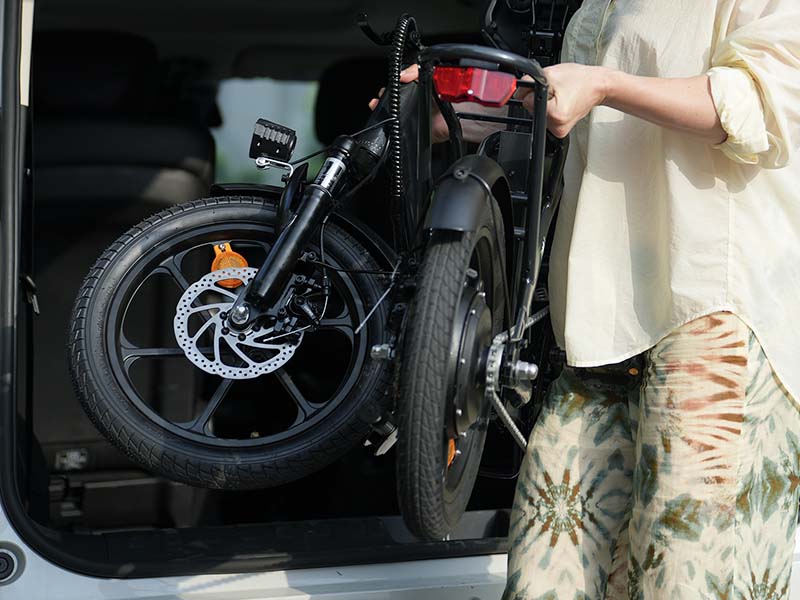
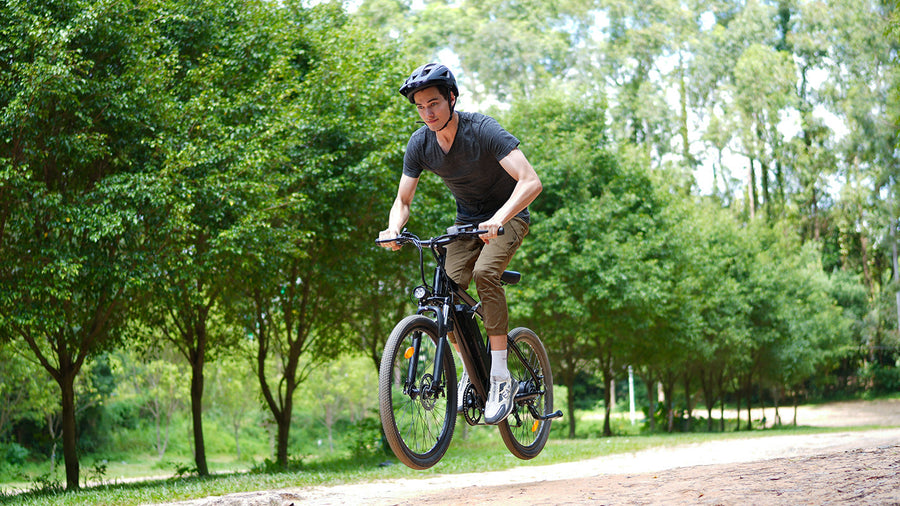









Article tags :
Leave us a message